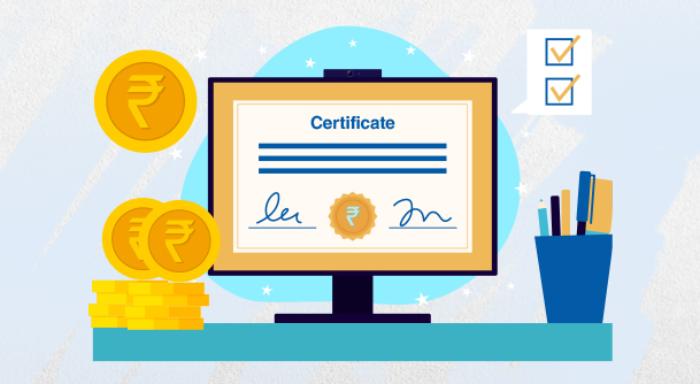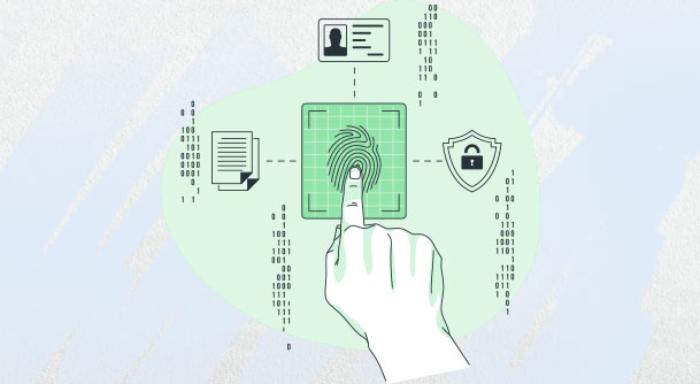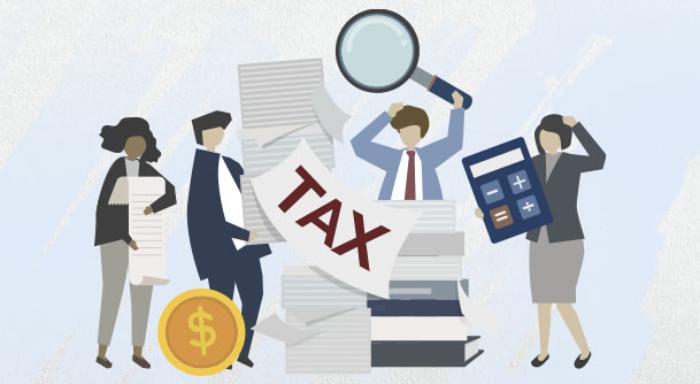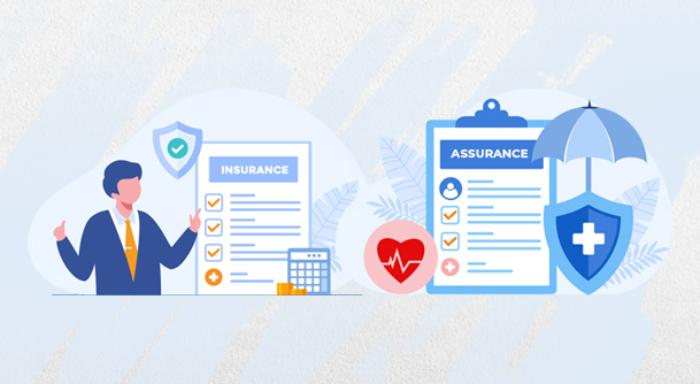What is KYC? Meaning, Types & Benefits
Blog Title
1987 |
2/19/25 6:43 AM |
KYC Meaning & Types
The KYC (Know Your Customer) helps banks and businesses verify your identity and confirm that you are who you claim to be. Mostly, it helps to control financial crime, money laundering, and identity theft.
Customer KYC (Know-Your-Customer) makes sure that individuals engaged in online banking and digital transactions are legitimate and not involved in any illegal activities.
KYC helps companies maintain customer trust and guard against risks. Furthermore, KYC processes are required for the availability of various financial products, such as term insurance or life insurance, thus guaranteeing compliance and openness.
What is KYC?
Verifying a person's or company's identity, address, and financial information against a set of predefined standards is known as credential verification. Know Your Customer (KYC) rules are mandated by many financial organisations, including banks, insurance companies, mutual funds, and banks.
More openness in financial transactions helps in the battle against illegal behaviour and fraud. Consumers have to provide documentation such as Aadhaar, PAN, passport, or voter ID to complete the KYC process. The term insurance, ULIP, and life insurance plans among financial products require this process.
Types of KYC
There are many types of KYC, which are determined by the method of verification and the level of detail required. Some special cases and industries call for each variety. Popular Know Your Customer (KYC) methods are as follows:
1. Aadhaar-Based KYC (e-KYC)
One way to verify an individual's identification is via this digital KYC approach, which includes verification via their Aadhaar card. The procedure is finished online with the Aadhaar number and biometric authentication or OTP-based verification.
It is used in creating bank accounts, mutual fund investments, mobile SIM card registration, or online term plan purchases.
2. In-Person Verification (IPV)
During the process of identity verification, the consumer is required to visit a branch or meet with an authorised agent in person. This process guarantees that the consumer is authentic, as the documents are verified in person.
It is used in high-value transactions, credit card issuance, and account openings that necessitate rigorous verification, such as the acquisition of term life insurance or life insurance policies.
3. Video KYC
Video KYC (Know Your Customer) is a modern and technologically advanced procedure that allows individuals to finish their KYC verification by video-calling a representative of a bank or other financial institution.
To verify their identity, the consumer must show their government-issued identification card, such as Aadhaar or PAN, and respond to a series of verification questions during the video KYC procedure. Security and compliance with regulations are ensured by recording and monitoring the session.
It is used in Digital account openings, online banking, fintech services, and investment plans, including guaranteed income plans or ULIP policy.
4. Central KYC (CKYC)
The central KYC system is a unified system in which the KYC credentials of a consumer are recorded in a centralised registry. Once registered, consumers do not have to go through the same procedure at different banks.
It is used for insurance policies, mutual funds, and numerous bank accounts. People who are looking to invest in endowment life insurance or assets that save taxes will find it very helpful.
5. Simplified KYC
This approach works best for low-risk customers or transactions for which full documentation might not be necessary. It frequently entails fewer demanding requirements. It is used in prepaid wallets, government initiatives, and small savings accounts, as well as savings insurance plans.
KYC Process: Step-by-Step Guide
1. Document Submission: Customers are required to submit identification and address verification documents, including utility invoices, passports, Aadhaar, and PAN.
2. Verification: The submitted documents are verified through either physical verification (IPV) or digital means (e-KYC).
3. Authentication: The authentication process for electronic know-your-customer is based on biometric or one-time password (OTP) technology. For IPV, there are in-person checks done.
4. Data Entry: The company's database or CKYC register is where all the customer information is saved.
5. Approval: The approval of the Know Your Customer (KYC) procedure grants access to financial products, such as ULIP investment or the best term insurance policies, once all information is checked and determined to be correct.
Benefits of KYC
Implementing KYC has many benefits for both customers and financial institutions:
1. Prevents Fraud: Know Your Customer (KYC) helps to verify the legitimacy of customers and lowers the likelihood of fraudulent operations.
2. Compliance with Regulations: Meeting Legal and Regulatory requirements assists organisations in adhering to regulations and avoiding penalties.
3. Enhanced Safety: The personal and financial information of customers is shielded from unauthorised access.
4. Improved Customer Trust: Institutions and consumers establish trust through more transparent transactions.
5. Simplified Processes: By removing the necessity for repeated verifications, CKYC and digital approaches such as video KYC save time for both parties.
6. Tax Benefits: The completion of KYC is crucial for the acquisition of tax saving investments or to receive ULIP taxation benefits.
You can purchase life insurance online or invest in ULIP policies with ease when you use Know Your Customer (KYC) to streamline access to financial products, including savings plans, guaranteed income plans, and tax saving insurance. Ensuring compliance with legal rules and conducting seamless transactions helps to minimise complications for businesses.
Final Thoughts
From digital onboarding to secure transactions, every aspect of the financial ecosystem depends on KYC to remain honest and transparent. Thanks to technology developments such as video KYC and CKYC, consumers can go through a quick and easy procedure.
KYC is a necessity no matter whether you are interested in purchasing life insurance, a ULIP policy or looking for tax saving insurance options. It guarantees that all transactions stay genuine and secure.










